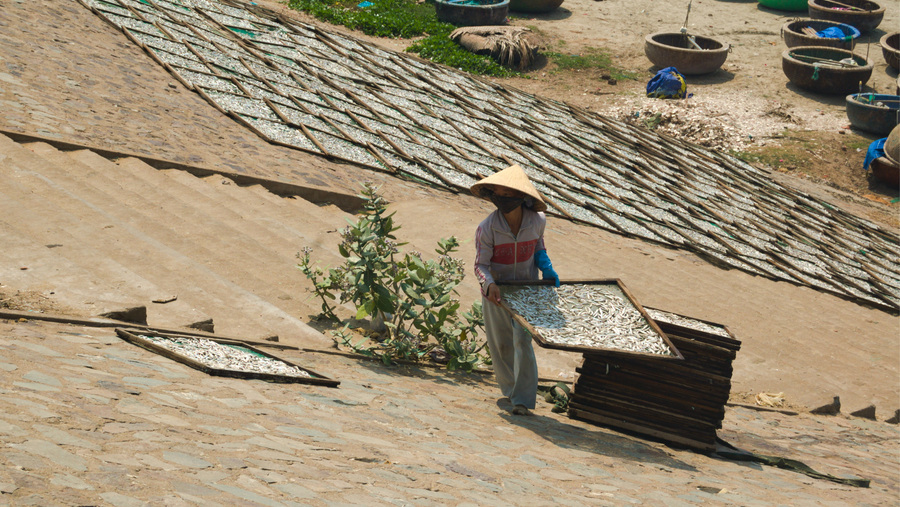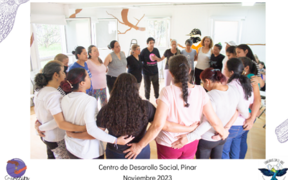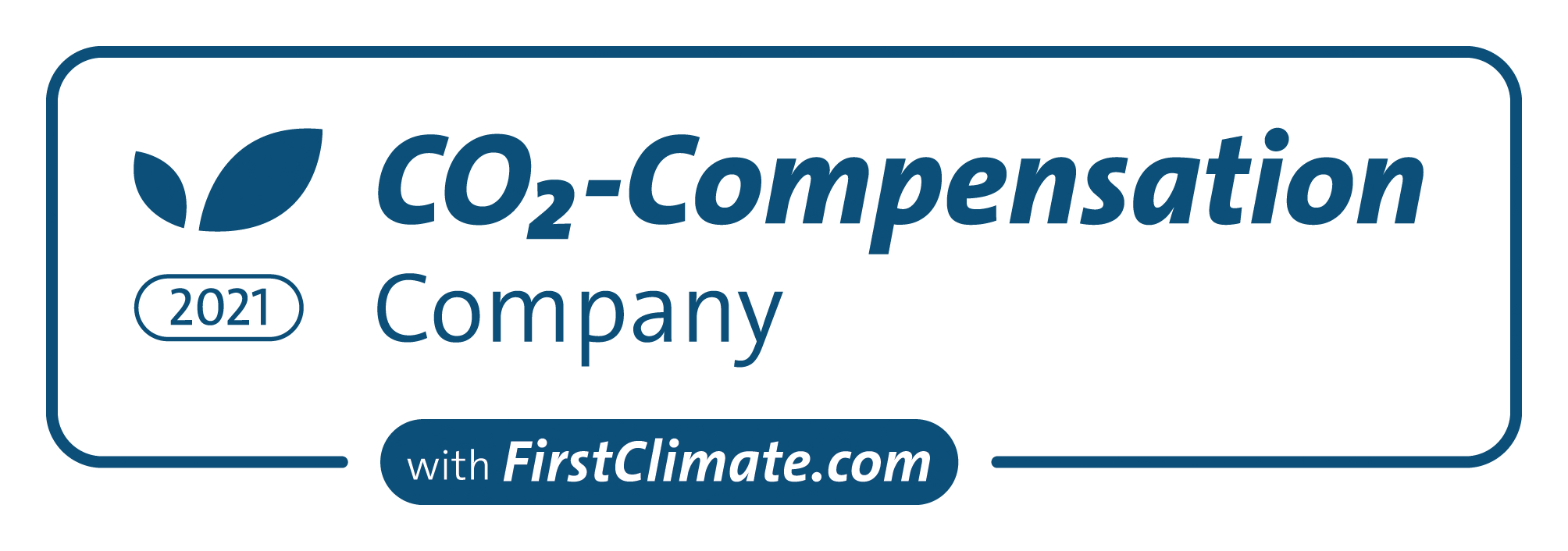
News and Insights
Colombia: Applying a Feminist Approach to Empower Women Migrants
In the framework of the Iniciativa Bogotá 2.0 project (IB2.0), jointly implemented by GIZ Colombia and GOPA Worldwide Consultants, Corporación Sanacción and Fundación Mahuampi, two civil society organisations, developed “integration projects” with a feminist approach.
Nearly 52% of migrants to Colombia are women, many of whom face violence in their place of origin, during migration, and in host communities. This increases their social and economic vulnerability, leading to higher unemployment, labor informality, care burdens, lack of support networks, health impacts, and prevalence of gender-based violence (GBV), all creating inequality compared to male migrants.
Taking these issues into account, two “integration projects” applied an intersectional and gender-transformative approach and applied methodologies incorporating a feminist perspective, along with individual and group counselling to strengthen women's decision-making and capacity development as agents of change.
Achievements of the two projects:
Project: “Women without tags“ (Mujeres sin etiquetas)
Achievements:
- 148 women participated in collective support cycles and individual and group psychosocial care sessions, which contributed to the strengthening of their self-esteem.
- Orientation and guidance provided on Human Rights, as well as referrals for migration regularisation, prevention and protection from GBV, health, nutrition and others.
Project: "Women, borders and mental health" (Tangaras en el aire: mujeres, fronteras y salud mental)
Achievements:
- 250 people benefited from participating in individual and collective workshops to promote integration from a feminist perspective.
- Five cycles of biodance workshops supporting care of women's mental health.
- Development of the technical document entitled: “Tangaras (type of bird) in the air, impacts on women's mental health from feminist psychosocial methodologies” and a short documentary film.
View the document: https://drive.google.com/file/d/1HioVbx0WuBBlj-7nerD4JS-tzr8_Nx0Z/view
View the film: https://www.youtube.com/watch?v=clzrfqfhbc8&t=106s


